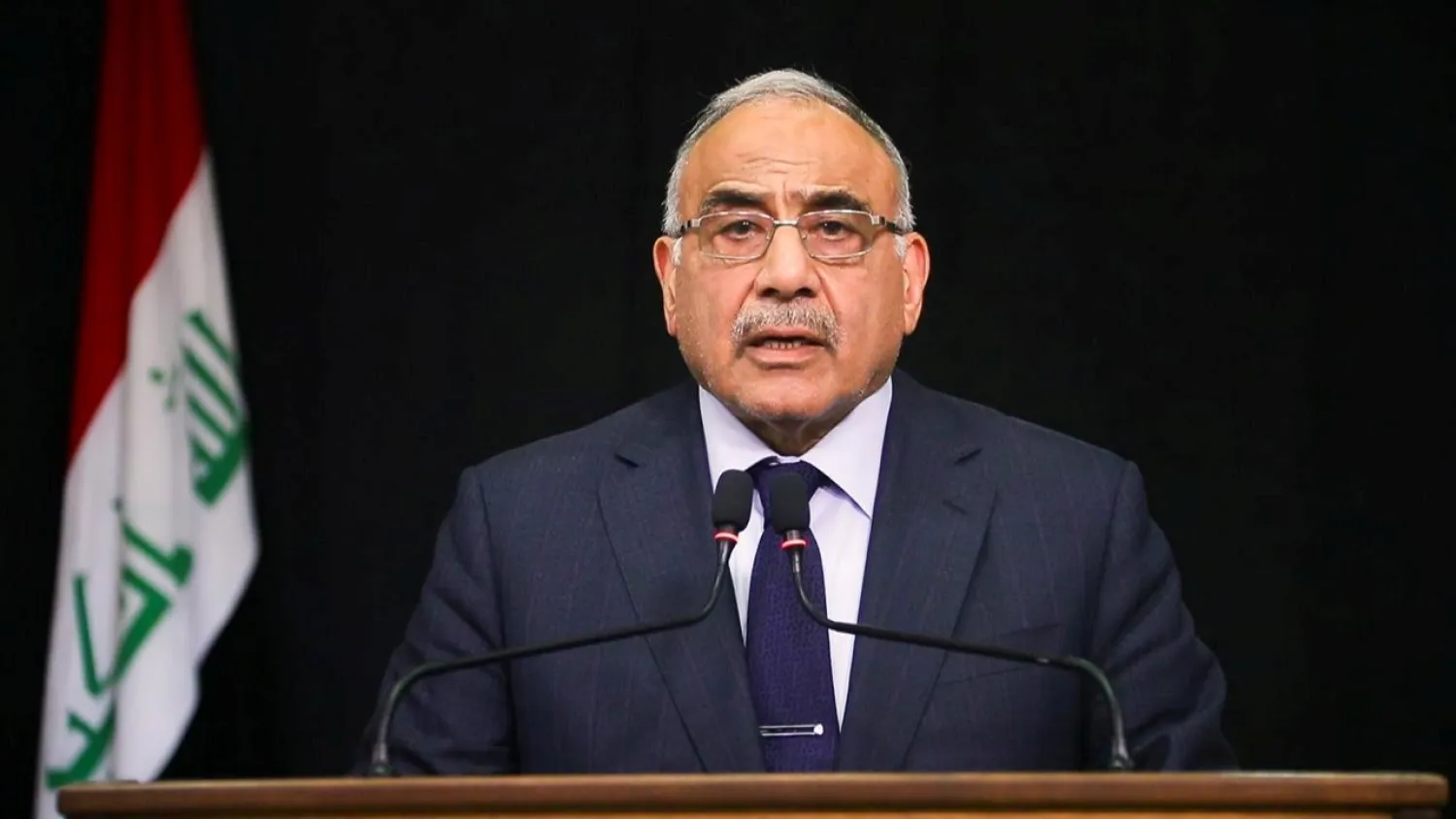Iraq and regional developments next to bilateral relations topped talks held by Adel Abdul Mahdi, head of the Iraqi caretaker government, and Philipp Ackermann, the political director in the German Foreign Ministry.
An Iraqi official statement stated that the two sides discussed “relations between the two countries, developments in Iraq and the region, ways of cooperation to achieve calm, reduce tension and remove the danger of war from the region and the world.”
The two, according to the statement, exchanged views on Iraq’s vision for the future of its cooperation with Arab, regional and international surroundings in a manner that preserves its security and national sovereignty.
The decision to withdraw foreign forces from Iraq was also discussed, as well as ensuring the continued cooperation against terrorism, training of Iraqi forces and combating ISIS remnants.
Germany has about 300 military elements, deployed in two bases, one near Baghdad and the other near Erbil, the capital of the Kurdistan Region in the north of the country.
Germany is part of the international coalition against the terrorist organization ISIS.
Meanwhile, the Latvian government approved the extension of the participation of Latvian soldiers in the international operation against ISIS in Iraq.
According to the decision, the mandate of Latvian troops will be extended until February 1, 2022.
The Latvian Defense Ministry pointed out that it will hold the right to suspend the mission if necessary before this date.
Iraq had ordered the withdrawal of US forces from its territories shortly after Washington killed Iranian top military commander Qassem Soleimani in an air strike in Baghdad on January 3.
Washington last week spurned an Iraqi request to prepare to pull out its troops.









